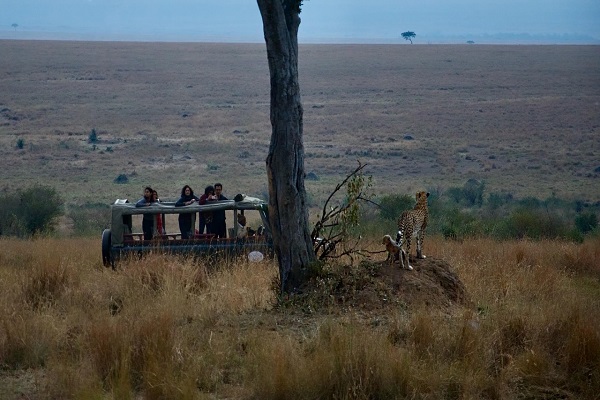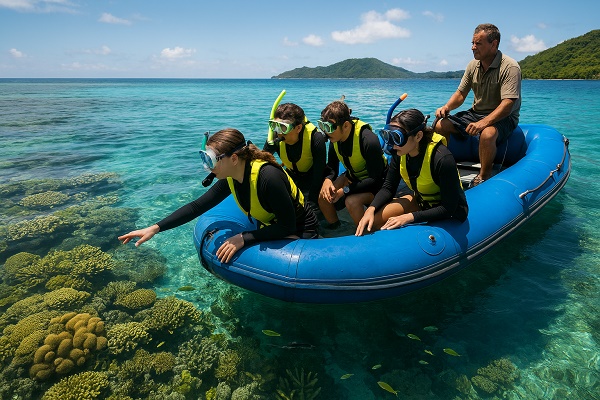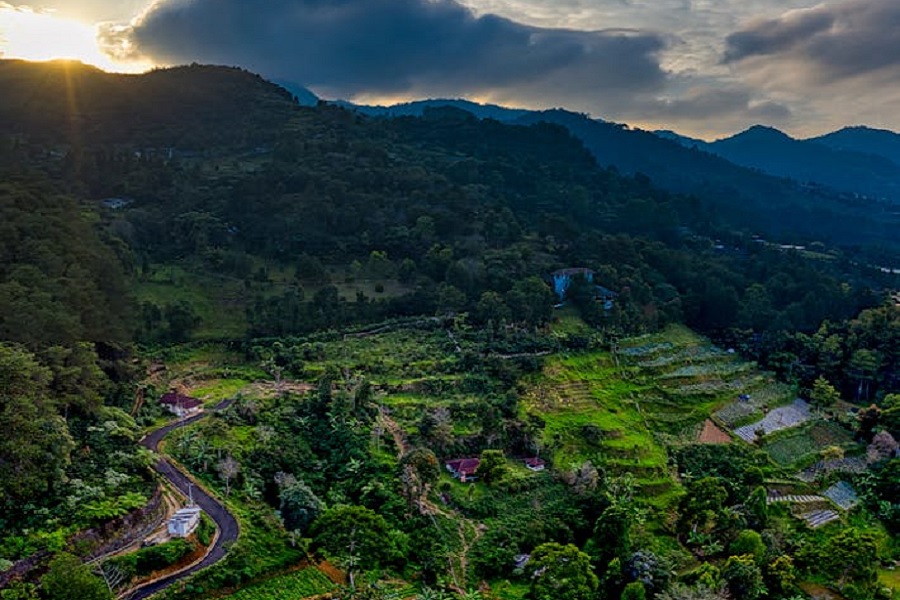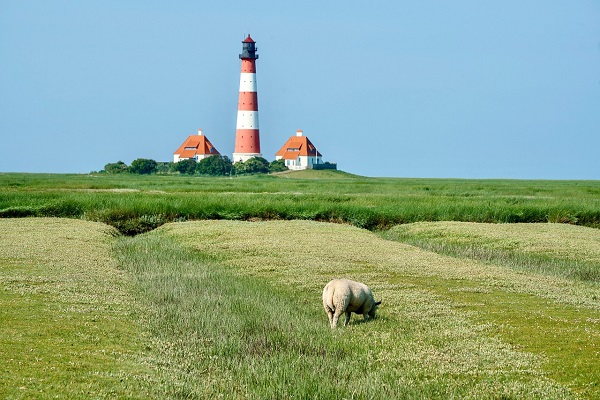Ecotourism: Traveling with a Purpose to Protect the Planet

What is Ecotourism?
Ecotourism is a form of responsible travel focused on visiting natural areas with the intent to conserve the environment, sustain the well-being of local communities, and foster education about the natural world. It prioritizes minimal environmental impact and promotes respect for wildlife and habitats.
Unlike mass tourism, which can often lead to environmental degradation, ecotourism strives to leave a positive footprint, ensuring that natural treasures remain intact for future generations.
Why is Ecotourism Important?
Environmental Conservation: Ecotourism generates funds and awareness needed to protect endangered species, forests, wetlands, and other fragile ecosystems.
Empowering Local Communities: It creates sustainable livelihoods by involving locals as guides, hosts, and artisans, encouraging preservation of their natural and cultural heritage.
Education and Awareness: Travelers learn about environmental issues and conservation efforts, becoming advocates for sustainable living.
Sustainable Development: By balancing tourism with ecological preservation, it promotes long-term benefits over short-term gains.
Key Principles of Ecotourism
Minimize impact on natural habitats and wildlife.
Respect local cultures and traditions.
Provide direct financial benefits to conservation and local people.
Educate travelers about environmental and cultural sensitivity.
Promote sustainable travel practices like reducing waste and conserving energy.
Popular Ecotourism Destinations
Costa Rica: Renowned for its rainforests, wildlife sanctuaries, and eco-lodges.
Galápagos Islands, Ecuador: Famous for unique species and strict conservation policies.
Bhutan: A Himalayan kingdom that emphasizes Gross National Happiness and environmental preservation.
Kenya and Tanzania: Known for ethical safaris supporting wildlife conservation.
Kerala, India: Offers backwater tours and nature retreats with eco-friendly practices.
Activities in Ecotourism
Wildlife safaris and bird watching.
Guided nature hikes and rainforest treks.
Staying in eco-lodges or community-run homestays.
Participating in beach clean-ups or reforestation programs.
Learning traditional sustainable farming or craft-making techniques.
Tips for Being an Eco-Conscious Traveler
Choose eco-certified accommodations and tour operators.
Avoid single-use plastics and carry reusable water bottles.
Respect wildlife—observe from a distance without disturbing.
Follow designated trails to protect fragile ecosystems.
Support local businesses and buy sustainable souvenirs.
Offset carbon emissions by contributing to environmental projects.
The Future of Ecotourism
With climate change and biodiversity loss becoming urgent global issues, ecotourism is evolving with innovation. Technology helps monitor environmental impact, and travelers increasingly seek experiences that align with their values of sustainability and ethical travel.
























